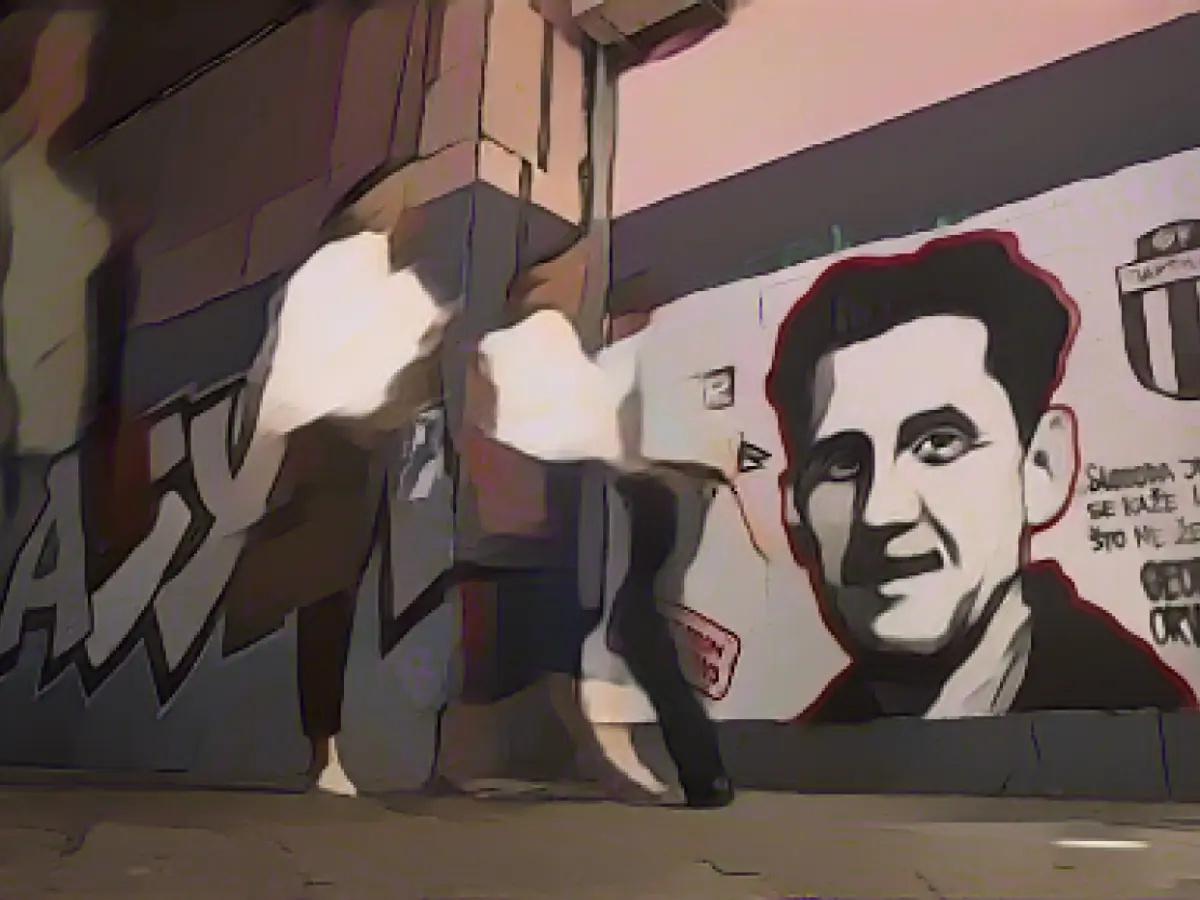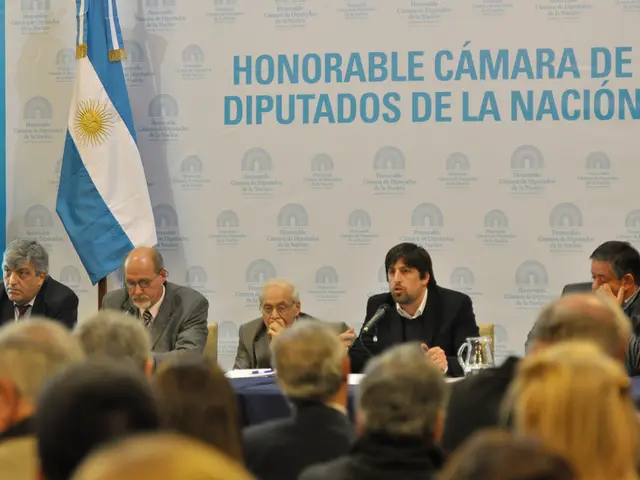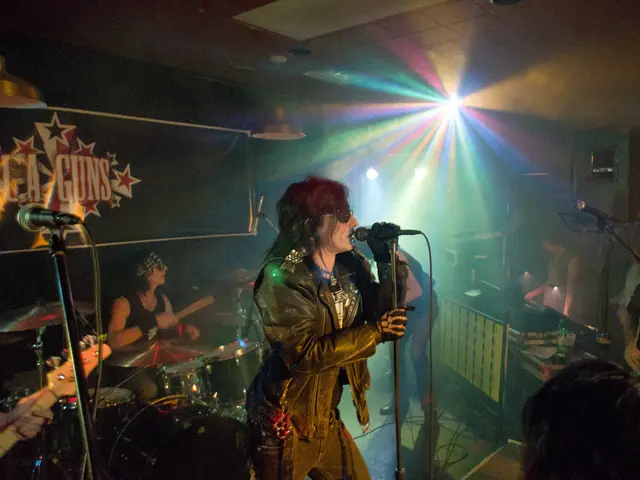Uncensored Reflections on Modern Politics and Orwell's "1984"
If you've ever heard phrases like "1984," "Orwellian," or "Big Brother" being thrown around, it might lead you to wonder if we live in a dystopian, censored reality - much like the one depicted in George Orwell's novel "1984."
Current Moment: Orwellian, but in a different way
Orwell's world was driven by totalitarian control, complete censorship, and the coercive manipulation of information. While our modern political landscape doesn't mirror this exact scenario, there are striking parallels in terms of how information is controlled and truth is manipulated.
Control of Information and Manipulation of Truth
- In Orwell's story, the Party eliminates words to limit independent thought. In our digital age, language is continually being manipulated through political correctness, propaganda, and euphemisms.
- Social media platforms spread misinformation at an alarming rate, which can contribute to the erosion of objective truth. Politicians often use phrases like "alternative facts" to blur the lines between fact and fiction.
- The media plays a significant role in shaping narratives. Live fact-checking in debates aims to promote truth, but this process can also introduce bias and emphasize certain facts over others.
The Role of Technology in Misinformation
Orwell's dystopian society predates modern technology; today, technology plays a pivotal role in spreading misinformation and controlling information.
- AI-generated content (deepfakes) can manipulate public perception by creating convincing media that has no basis in reality.
Regulation and Misinformation
- The regulatory approaches in our modern world are far more complex than in Orwell's story. There are ongoing discussions about regulating social media platforms and combating misinformation, although these efforts can face pushback if they threaten freedom of speech or innovation.
Similarities and Differences
- Information control in both scenarios is central to the manipulation of truth, but the mechanisms are quite different. In Orwell's vision, there was a single, centralized authority dictating the truth. Today, manipulated information is largely decentralized and spread by various platforms and users.
So, is our modern political landscape truly Orwellian? To some extent, yes. The manipulation of information and truth is evident in today's political debates. But the differences between Orwell's dystopia and our reality are just as striking, including the challenges and opportunities presented by technology and the complexities of regulation.
Regardless of these parallels, effectively combating misinformation requires informed discussions about the role of media, technology, and regulation in shaping our collective understanding of the world.







